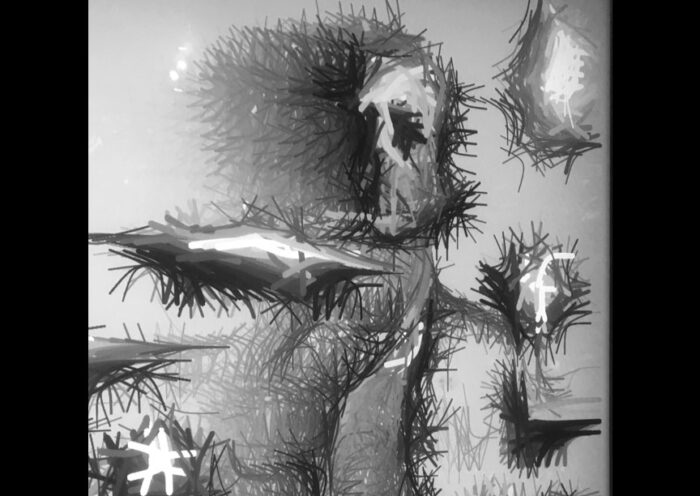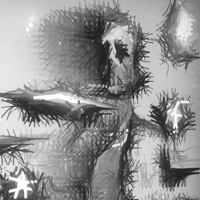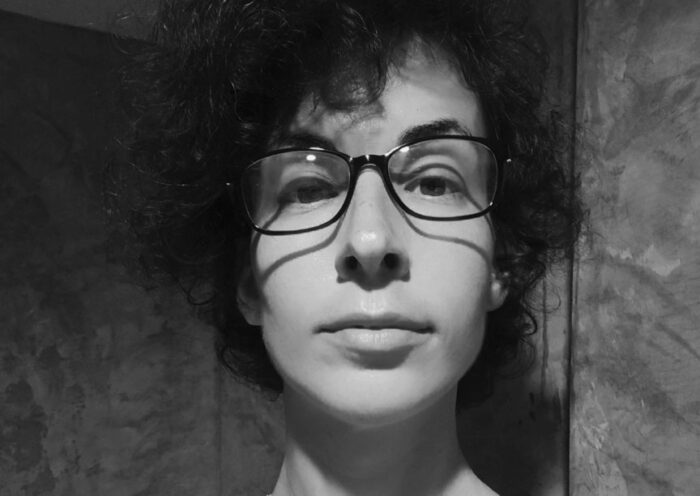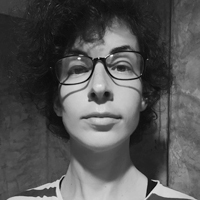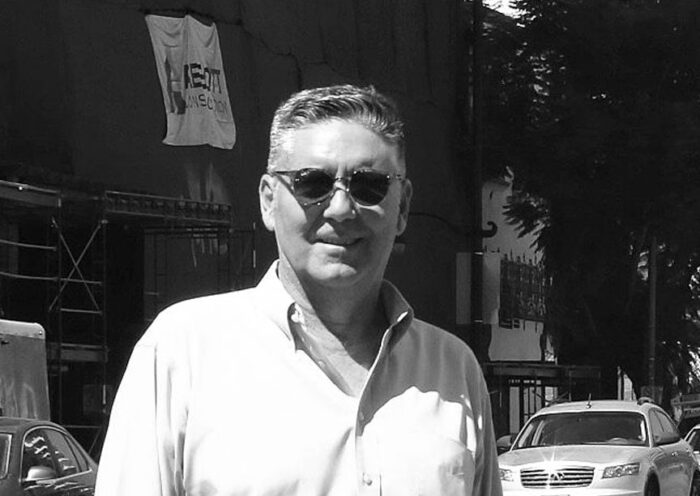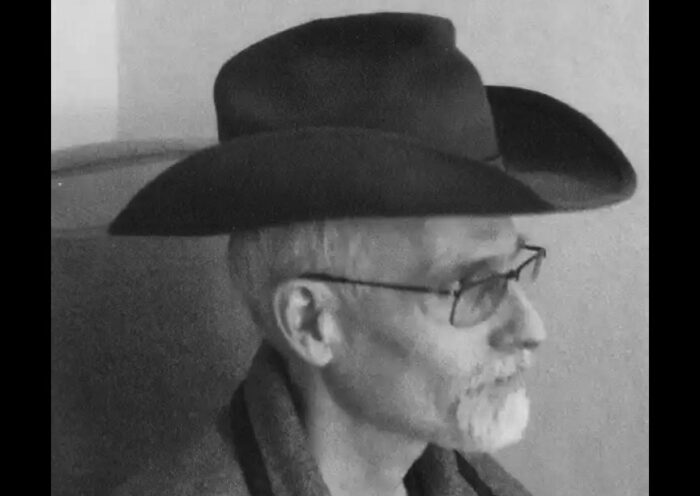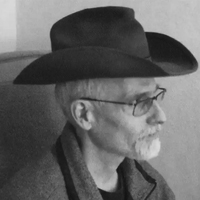The Gathering of the Waters
by Scott Waller
Incandescent crimson tips
of dawn-sauntering icebergs
make drift afar
in the foreseeing eye
of the airborne creature
shards of soothingness.
Sublime swans
take flight in song.
O sea-dunes, with your fading grandeur,
godly bearers of tightened moisture,
ancient store of ephemeral flakes,
flotillas of our shame,
echoes of a sleepwalk
towards a mutual grave,
stir spirits in our disparate souls,
prod the snoring, sorry beast
wallowing in its own dirt
to awake, arise, emerge!
At Beach
…
sighing, sated, the sea’s foam-rimmed drape slips
down, revealing dark lugworm adventure
in squirming pores on flushing sand
panting with life’s echoes and
ancient trinkets scattered
overspread with sadness
after flight’s rapture,
till the mind finds
clear fresh air;
calm, still,
eerie,
eerie,
till
lifting
muscular curl,
stretch upward thrust,
gathering protean brawn-heave,
mustering dense shard-army of proud and godly might
raised, rising colossal strain to euphoric renovation swell of ephemeral hope peak.
Then, it curves, stoops, the fine line of its own ecstatic masochistic blade
tumbles in sorrow-furrow with bang of phoenix water-fire shatter,
slashes, bites skinless self, exploding suicidal gargling laughter,
as words-bones-shells-stones grind in throat-thunder glee;
sea-veins slit open and burst forth salty froth flow;
splash, climactic spittle, shower suds wink and,
hiss; silk slides back tired down slope;
while burrowing squiggles grope,
to meaning in dark hope,
ground-bound through
smooth, naked sand-
hide stripped again
of sky-shimmer,
in sand blush;
littered with
sea-debris
at peace
easy
easy
till
…
Three Sounds, Six Colours
I. A Bell
Through munificent air
the magnetic clang,
the bang of iron thunder
draws me closer:
it swings this way.
That way.
Slow.
Sway.
Its song smithereens
into a chaos choral throng of mini-sounds.
You can glimpse its deafening mercury stagger, swirl,
now juddering, now sluggishly:
the wavy potion of clamour swishes
round the inside of the caldron’s bulk.
You feel a world emerging from overflowing liquid;
something carried, like the young, firm green
of a fragrant branch
clinched in a white courier’s beak,
over the misty passageways
between noise and music.
II. Land and Sky
Like the dying man’s arid throat
the baked, dusty mountains round Almería
distort the shriek-thudding of metal on metal.
By the time it reaches your ears
the greedy mountains have hammered out on it
their stamps of sound and private sense,
so you’re not sure whether you have dreamed
the beating arms of distant workmen
or whether, after all,
the gods were here
where the savage, ruddy land serration
cuts clean across the pure blue sheet.
III. The Invisible Jazz Drummer
Without noticing, he’s been lifted
from the moment.
as the washing machine spins,
the buttons of a beige shirt
tap a tempo on the inner chrome drum.
He listens to the rhythm-rattle till
it effaces its beginning and its end
and accomplishes transition:
his stretching out of memory,
beyond the miserly air
of a musty laundrette,
to a better hour brings ease;
the musing of a musical moment,
when he was being in completion.
Still the buttons keep rap-tapping
tacked onto the rock’s up-rolling
to the very peak of paradise,
tied to the spinning whoosh
way, way down again
to new and hard beginnings.
If I told you what the spring evening said
If I told you what the spring evening said,
Through the warm window
Of aches, hopes, and tiptopoloftical chatter,
You would thrust into my hand the visa to that place
Where marsh creatures slink reptilian and bronze
Trapped inside a sweltering stupa and the high grass wails
Because it doesn’t understand
‘The circuitry of sympathy.’
Transitions that require you to fully be there
Require your pain for their accomplishment.
Behold the gambler clambering on the plinth;
Its whitewashed bricks of calculated pleasure!
They once hid behind the trellis
As the craftsmen were hung to dry.
Despair kneaded by events to
A forgotten password that gets lost inside
Ice hanging forests with winds sending off a girl
To fetch autumn fruits scattered among the willows.
BIO
Scott Waller is a teacher in the Paris area where he participates in literary writing groups and public performances. He has published articles and poems, including a collection of prose poems entitled Starlays (2020). His novel, Dystopian Triptych, was published in 2020.



